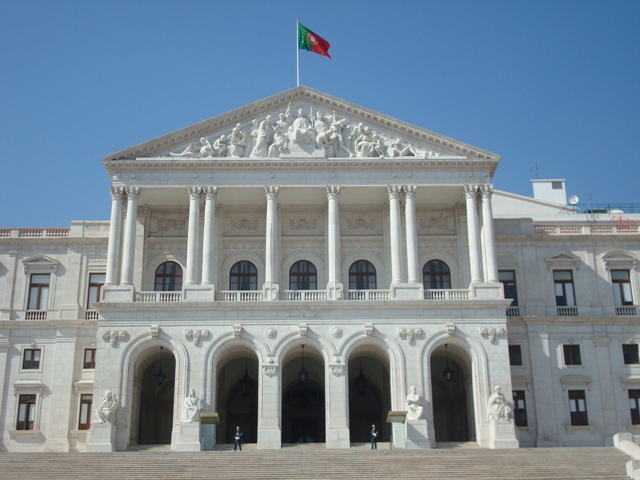New course on Portugal's 'painful' history opens national debate

- Country:
- Portugal
A new high school history course has opened up a debate on national identity in Portugal, a country only decades removed from dictatorship, where historians say the public has yet to grapple with the legacy of centuries of colonialism.
Students will examine what the official description calls Portugal's "painful past". The optional course draws links between Portugal's colonial slave trade and modern slavery, as well as covering topics such as ethnic cleansing and genocide. The course's main architect, Miguel Barros, president of the Association of History Professors, says a new approach to history is increasingly important as far-right parties expand their influence across Europe.
"Portugal still thinks of itself as the 'good colonizer', and many say racism doesn't exist here. At the same time, we're seeing the extreme right grow and hate speech spreading online," Barros told Reuters. "I want historians to counter that." Supporters say the course fills a vacuum in an educational system that fails to question Portugal's history of conquest in Asia and the Atlantic slave trade between Africa and Brazil. Portugal quit its last colonies only in the 1970s when democracy arrived at home after decades of fascist rule.
But the curriculum -- and the attitude towards the country's past that it represents -- has been criticized, and not only by the nationalist right. Former foreign minister and parliament speaker Jaime Gama, a Socialist, called it "perverse". "It's adhering to an ideology which is fashionable nowadays, particularly in Anglo-Saxon cultures, of confessing your sins so you can be absolved," he told Observador newspaper. "It doesn't allow for any national symbols, any heroes."
Historian Joao Pedro Marques, who has written extensively on the Portuguese slave trade, called it "a platform for politically correct people to darken the past of this country and the West". Barbara Gois, a 28-year-old black Brazilian-Portuguese political activist, said the only problem with the course was that it is optional.
"Imagine what it is to sit through history classes where the only representation of black people is as passive slaves used for scientific experiments," she said. "Our society is built on racism. I'm not surprised some people are getting defensive about this… but students should learn how it all fits together."
(This story has not been edited by Devdiscourse staff and is auto-generated from a syndicated feed.)
ALSO READ
INSIGHT-Slavery tribunal? Africa, Caribbean unite on reparations
Soccer-Former South Africa junior international shot dead in hijacking
Former South Africa speaker of parliament is arrested on bribery allegations and released on bail
S.African parliament ex-speaker charged with graft, granted bail
South Africa to investigate Microsoft over cloud computing licensing practices, source says










